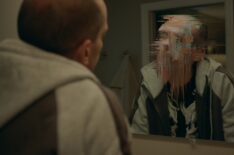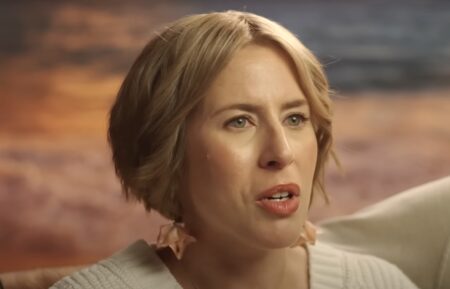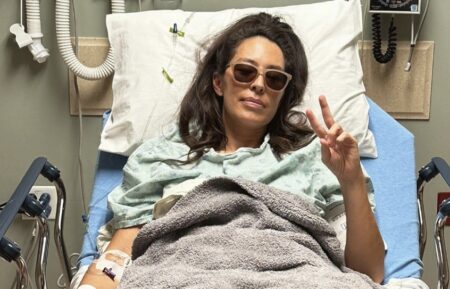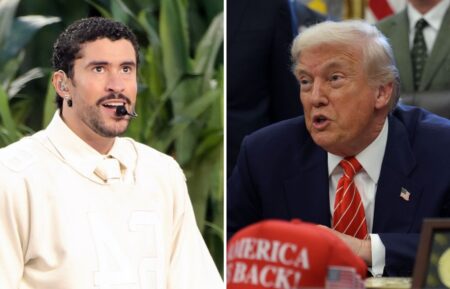Is Hulu Making a Big Mistake With Its ‘Murdaugh Murders’ Scripted Series?
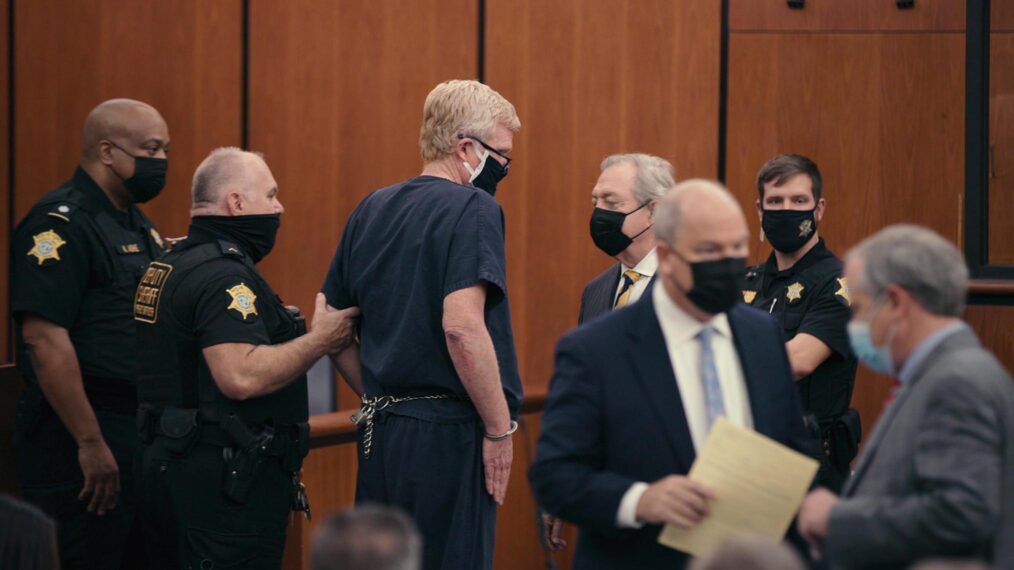
The long-gestating adaptation of the Murdaugh Murders podcast at Hulu is still happening, and the first cast member for the series has been announced: Patricia Arquette will star as Maggie Murdaugh, per Variety.
According to the trade, the show “is based on Maggie (Arquette) and Alex Murdaugh’s stranger-than-fiction family drama, a riveting account drawing from countless hours of reporting by Mandy Matney – journalist and creator of the popular Murdaugh Murders Podcast – as well as exclusive, insider knowledge from years spent following the case.”
This series was first announced in November 2022 as an adaptation of the Mandy Matney-led podcast, which chronicled the wild and winding developments of the true-crime story in real-time. Back then, the logline for it read: “The series will be based on Alex Murdaugh’s stranger-than-fiction family drama, a riveting account drawing from countless hours of reporting by Matney, as well as exclusive, insider knowledge from years spent following the case.”
The biggest change here is the inclusion of Maggie’s name in the description. This could just be a consequence of Arquette’s casting announcement coming first, or it could be an indication that the story will focus more on Maggie’s perspective and experiences before the murders than some of the other Murdaugh tellings may have. Either way, it may be a mistake.
Those who listened to Matney’s podcast from its infancy will know that her investigatory approach to all-things-Murdaugh was critical long before the podcast came to be. The podcast launched in June 2021 in the immediate aftermath of the murders of Maggie and Paul Murdaugh, but her work investigating the death of Mallory Beach in a boating accident with Paul started years before that.
Matney was doggedly dedicated to staying on the story of what justice would be served for Beach’s death since April 2019, and she and her editor subsequently reported on the resulting drip, drip, drip of damaging details of corruption and inappropriate influence and cover-ups. Her stories helped keep the attention on the Murdaughs. They became a major part of the pressure cooker situation that the South Carolina lawyer soon found himself in before the slaying.
When she published her first podcast episode, “South Carolina’s Chappaquiddick,” she had a mountain of knowledge about the Murdaugh family and the existing scandals even before the double murders. Hers was the first of what would be many, many Murdaugh-centric podcasts, and it was a must-listen. For many, her commentary became essential to understanding the winding details of the case as they unfolded — from a faked suicide attempt to a mountain of embezzlement revelations, the twists never stopped coming, and Matney was uniquely equipped to contextualize it all for her listeners. More importantly, her reporting on the case so spooked the defense attorneys that they joked about her in court.
Missed this the first time but here @Harpootlian4SC jokes that I am my boss’ “alter sexual ego.”
And the media — who wouldn’t know the half of this story if it wasn’t for me— laughed with him.
I am honestly horrified. https://t.co/lmPiNquyv6
— Mandy Matney (@MandyMatney) September 17, 2021
Matney is not the central character in the Murdaugh murders case, but her work is part of what unfolded, why it did, and what came next. Based on the description and first casting choice of the show, though, it so far seems like this could just be another effort to dramatize what happened with the Murdaughs, which has definitely already been done. There are ample docuseries that dig into crimes (at ID, Netflix, Max, and more) and even a Lifetime movie that dramatized it already. It’d be much more interesting to see this particular adaptation take notes from All the President’s Men, The Post, and Spotlight and show how the journalism was directly impactful because of Matney’s work.
This series has the chance to incorporate a part of the story that has not been told, of how a young journalist from a non-mainstream outlet openly challenged rival media’s coverage of the case, of how she dared to draw attention to the mysterious deaths of Gloria Satterfield and Stephen Smith, how she became the de facto narrator of the entire saga from beginning to end for millions, and how her work possibly changed the outcome of the case altogether.
To borrow her phrasing, the reporting and podcast itself “is a big deal.” So, to omit her impact from the story, incorporating her research but not her direct influence on its events, would be a major missed opportunity. And, frankly, it would just be incomplete.

